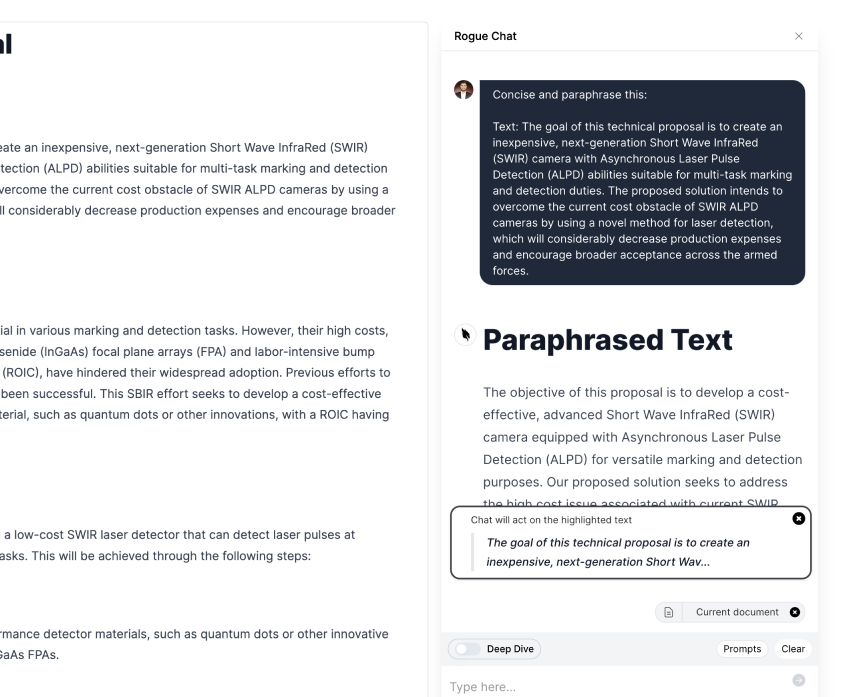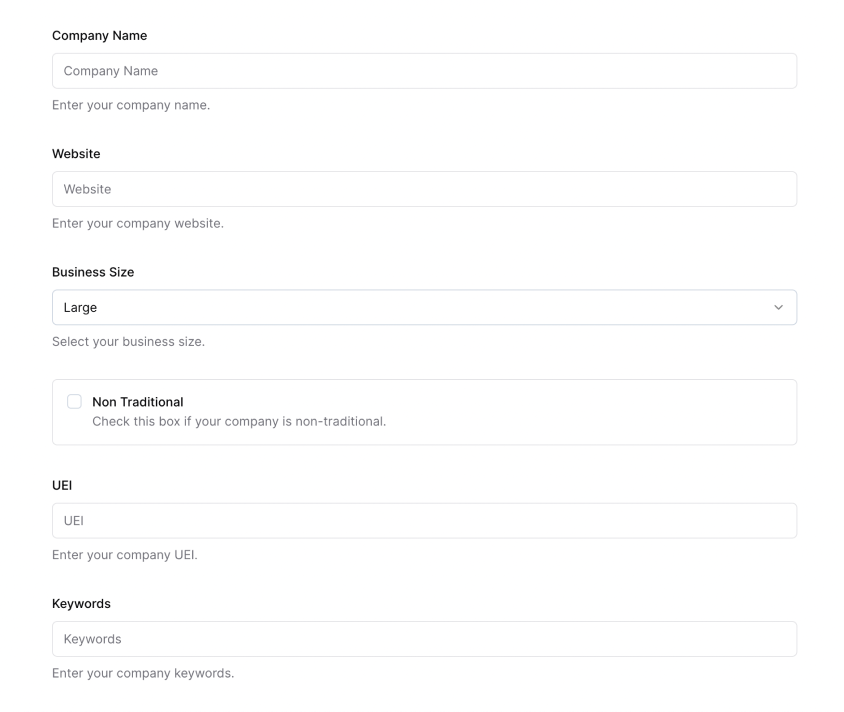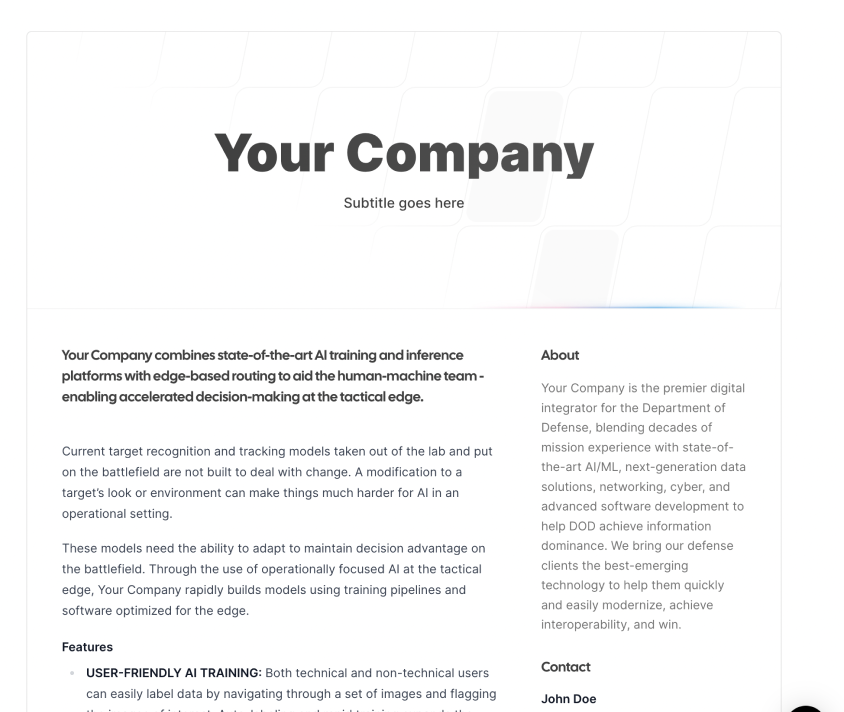
Adding AI to your Government Proposals
As a tech-savvy individual who is seeking to sell to the government and sees the potential of AI to transform public services, it's essential to understand how AI can be integrated into your proposals
Table of contents
Introduction
Artificial intelligence (AI) is a rapidly evolving field that has the potential to revolutionize various industries, including public services. In government proposals, AI refers to the use of advanced computing techniques and algorithms to analyze data, make predictions, and provide recommendations for decision-making. The importance of using AI in public services lies in its ability to enhance efficiency, improve accuracy, and ultimately deliver better results for citizens.
As a tech-savvy individual who is seeking to sell to the government and sees the potential of AI to transform public services, it's essential to understand how AI can be integrated into your proposals, the benefits and challenges associated with its use, and the future of AI-driven public services.
AI in Public Services
AI has already started making its mark on public services in various ways. Some examples include:
- Healthcare: AI-powered tools can analyze medical records, identify patterns, and help diagnose diseases more accurately and quickly.
- Transportation: Smart traffic systems can leverage AI to optimize traffic flow, reduce congestion, and improve overall transportation efficiency.
- Public safety: AI can help law enforcement agencies predict crime patterns, identify potential threats, and allocate resources more effectively.
- Education: AI-driven personalized learning platforms can tailor educational content to individual students' needs, improving learning outcomes.
The benefits of using AI in public services are numerous. Some key advantages include:
- Efficiency: Automating repetitive tasks can save time and resources, allowing staff to focus on more value-added activities.
- Accuracy: AI systems can analyze vast amounts of data quickly and accurately, reducing the likelihood of human error.
- Cost savings: Implementing AI solutions can lead to significant cost savings by streamlining operations and reducing labor costs.
- Improved decision-making: Data-driven insights provided by AI can help government officials make better-informed decisions for their constituents.
Challenges and Risks
While AI offers many benefits, there are also potential risks and challenges associated with its use in public services. Some of these include:
- Privacy concerns: The extensive use of data in AI-driven systems raises concerns about data privacy and security, particularly when dealing with sensitive information.
- Bias: AI algorithms are only as good as the data they're trained on, and if the data is biased, the resulting decisions may also be biased, leading to unfair treatment of certain groups.
- Job displacement: The automation of tasks may result in job loss for some workers, creating a need for re-skilling and workforce development programs.
- Ethical and legal concerns: AI-driven decisions may sometimes conflict with established ethical standards or legal requirements, necessitating a robust governance framework.
Addressing these challenges requires a multi-faceted approach, including regulatory oversight, transparency in AI development processes, and ongoing collaboration between government agencies, technology providers, and other stakeholders.
Future of AI in Public Services
The potential impact of AI on public services in the future is immense. As technologies continue to advance, we can expect to see AI-driven solutions become more sophisticated and widely adopted across various sectors. Some potential developments include:
- Predictive analytics: Governments could increasingly rely on AI for predictive analytics to anticipate future trends and proactively address potential issues before they arise.
- Personalized services: AI-driven systems could enable more personalized public services, tailoring assistance and support to individual citizens' unique needs.
- Smart cities: AI will play a critical role in the development of smart cities, leveraging data from connected devices and infrastructure to optimize urban living.
To fully realize AI's potential in public services, governments must play an active role in fostering innovation, investing in research and development, and creating supportive regulatory frameworks. This includes establishing ethical guidelines, addressing privacy concerns, and ensuring that the benefits of AI are equitably distributed.
Final Points
AI presents a game-changing opportunity for governments to transform public services and deliver better outcomes for their citizens. By embracing AI-driven government proposals, decision-makers can tap into the efficiency, accuracy, and cost-saving benefits that AI has to offer.
However, it's crucial to keep in mind the challenges and risks associated with implementing AI solutions. Governments must work collaboratively with stakeholders across the technology ecosystem to ensure responsible AI adoption that addresses ethical, legal, and privacy concerns.
As a tech-savvy individual interested in public policy and the potential of AI to transform public services, it's an exciting time to be at the forefront of this technological revolution. By staying informed and engaged, we can help shape the future of AI-powered public services for the betterment of our communities.
Sign up for Rogue today!
Get started with Rogue and experience the best proposal writing tool in the industry.



